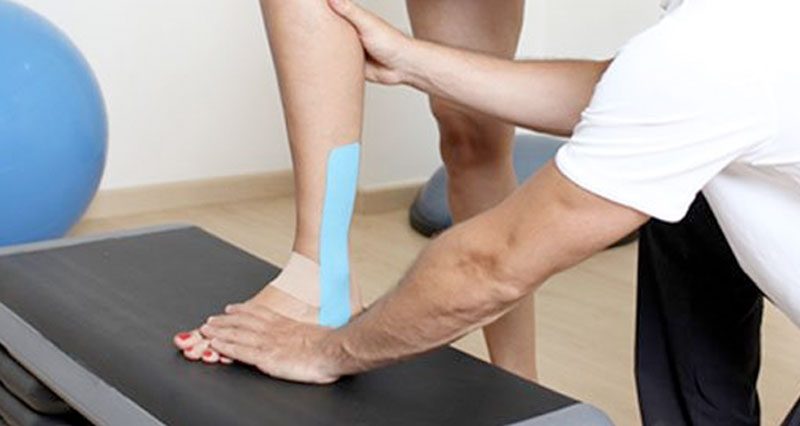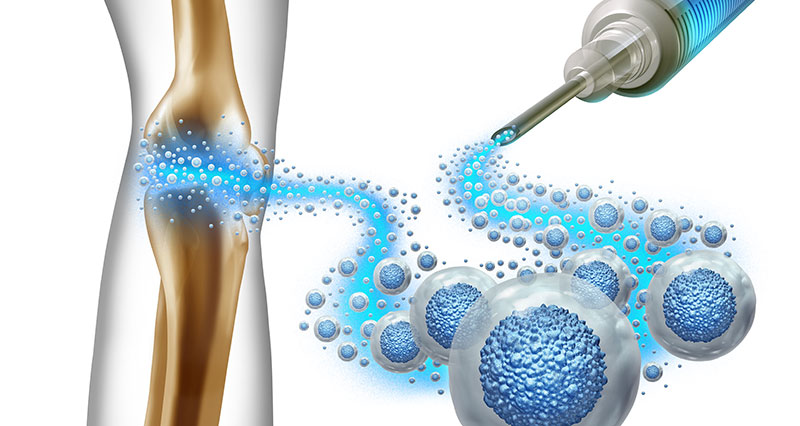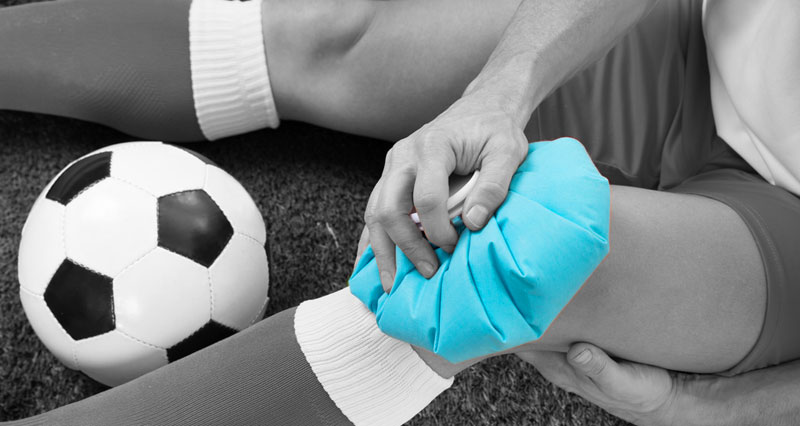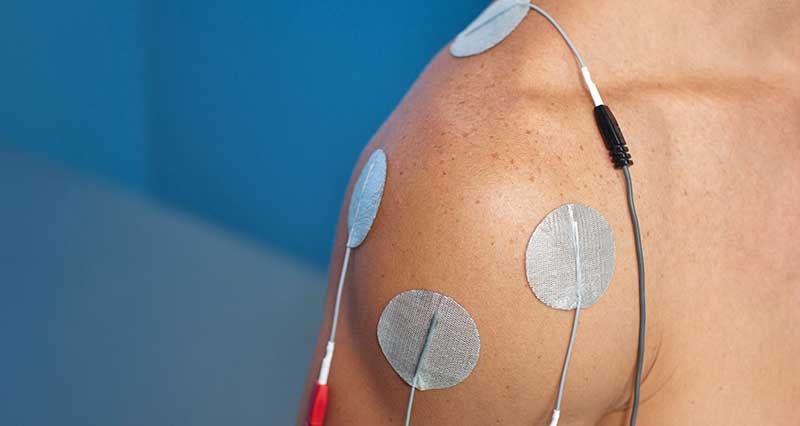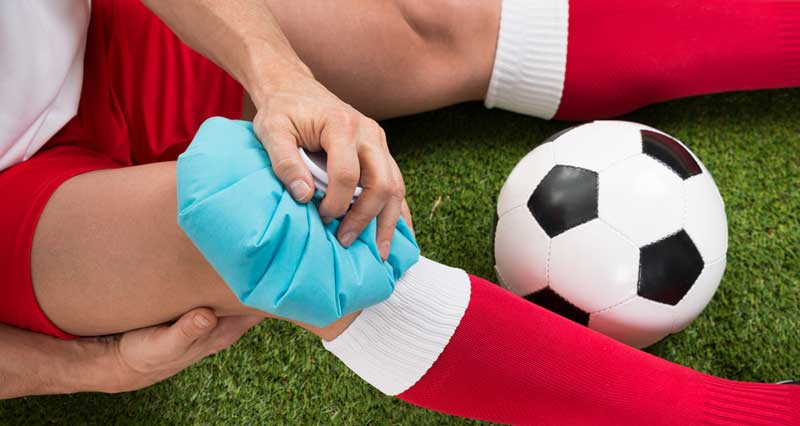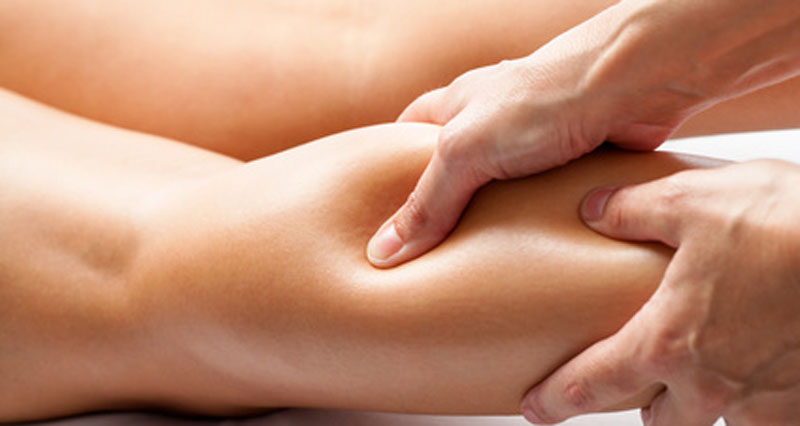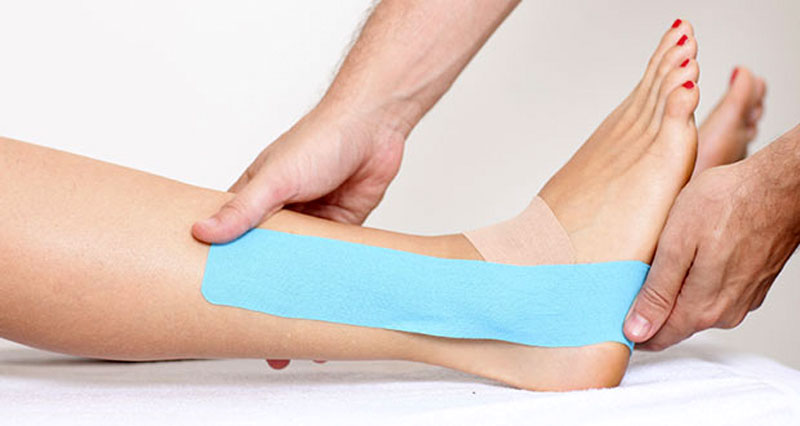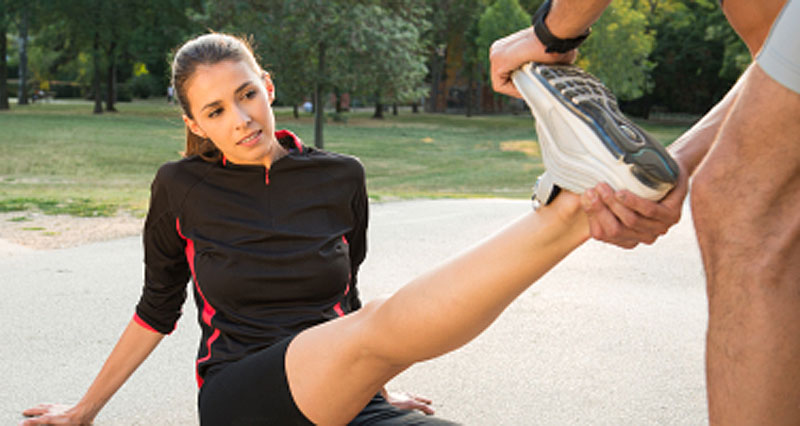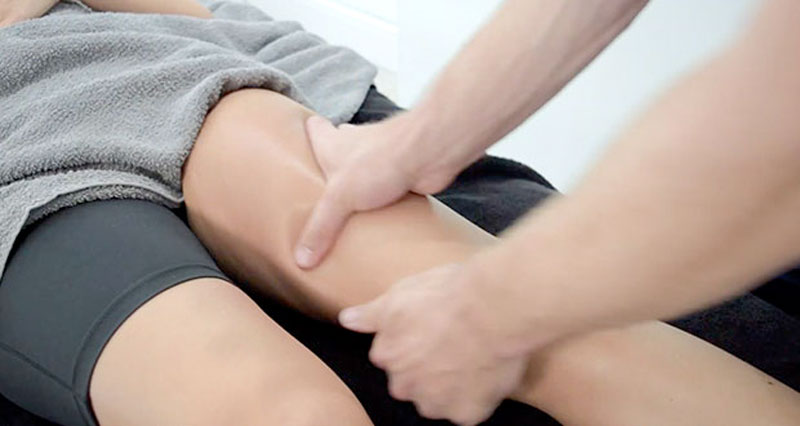A Sports Rehabilitator is an individual who has graduated from a degree-level Sports Rehabilitation course. These are run over 3 or 4 years at the end of which the graduate is entitled to use the initials GSR, as well as the standard BSc (or BA), awarded for every degree.
What is Sports Rehabilitation?
Sports Rehabilitators are governed by their association, The British Association of Sports Rehabilitators and Trainers (BASRaT). Sports Rehabilitators must be members of BASRaT in order to practice and use the professional title GSR. Membership also covers public liability insurance. In order to maintain their membership and insurance, a Sports Rehabilitator must complete a set amount of Continued Professional Development (CPD – attendance at courses and seminars etc) over every two year period.
Unlike a sports therapist or massage therapist, a Sports Rehabilitator must have a degree from an accepted university (Short courses and other forms of qualification are not acceptable).
What Does a Sports Rehabilitator Do?
Sports Rehabilitators work in the field of sports medicine and have been specifically trained to deal with injuries through every stage, from the initial onset through to late stage, return to sports rehabilitation. Although they specialise in sports injuries, they also treat everyday and occupational injuries and pain.
What Techniques do Sports Rehabilitator Use?
Sports Rehabilitators look at the body as a whole when assessing an injury. Assessment usually includes postural and biomechanical assessment, detailed history, muscle strength, and flexibility testing as well as special tests for the injured area.
Techniques which are used in treatment include:
- Sports Massage
- Electrotherapy (Ultrasound/Interferential/TENS)
- Taping (Strapping)
- Muscle stretching techniques (including muscle energy techniques)
- Muscle strengthening
- Core stability training
- Proprioception training
- Return to sport/activity training
Where do Sports Rehabilitators Work?
Sports Rehabilitation is a relatively new profession, with the first courses opening in 1994. Due to increasing numbers of graduates and the promise of State Registration looming, Sports Rehabilitators are now working in more settings than ever. You will find Sports Rehabilitators working in sports injury clinics, health clubs and gyms and professional and semi-pro sports teams, especially Rugby Union, due to the support of the RFU.
Places to study Sports Rehabilitation in the UK
Several universities in the UK offer courses in sports rehabilitation. Here are some notable programs:
University of Nottingham
Course: BSc Sport Rehabilitation
Details: Accredited by the British Association of Sport Rehabilitators and Trainers (BASRaT). The program focuses on clinical assessment and treatment skills for rehabilitating patients and athletes of all ages. Students also get over 400 hours of practical placements in sporting environments
.
University of the West of England (UWE Bristol)
Course: BSc(Hons) Sport Rehabilitation
Details: This course includes modules on human anatomy, kinesiology, exercise prescription, and advanced practice of sport rehabilitation. It provides significant placement opportunities to gain practical experience.
University of Sunderland
Course: BSc (Hons) Sport and Rehabilitation Therapy
Details: Features extensive facilities like the Clinical Biomechanics lab and includes modules on clinical anatomy, biomechanics, exercise testing, and rehabilitation techniques.
University of Salford
Course: BSc (Hons) Sport Rehabilitation Details: The program covers advanced therapy skills, exercise conditioning, and provides hands-on learning through placements with professional sports clubs and clinics. It also emphasizes research in sport rehabilitation .
University of Hull
Course: BSc (Hons) Sport Rehabilitation
Details: Includes modules on clinical skills, functional rehabilitation, and neurodynamics. The course provides opportunities for gaining additional qualifications like emergency first aid and kinesiotaping.
St Mary’s University, Twickenham
Course: Sport Rehabilitation (Pre-Registration)
Details: Offers access to state-of-the-art facilities and includes modules on injury assessment, biomechanics, and neuromuscular training. The program also offers flexible study options and opportunities for gaining extra qualifications.
These programs are designed to equip students with the necessary skills and knowledge to work in various sports and rehabilitation settings, focusing on injury prevention, management, and rehabilitation.
